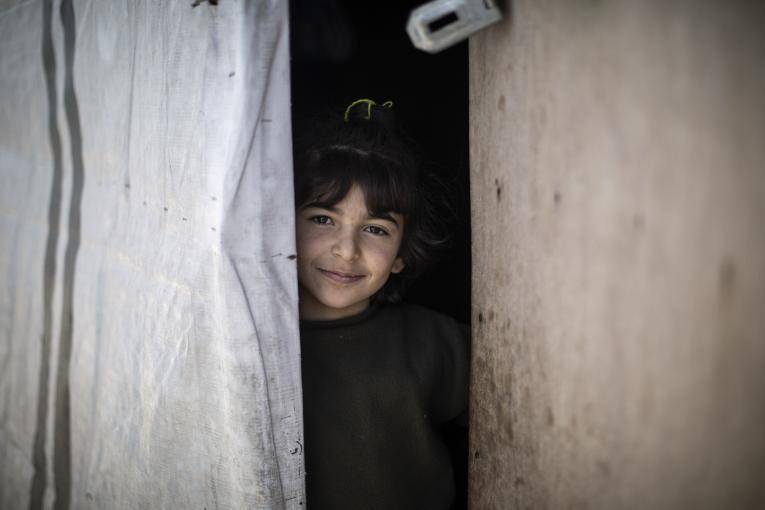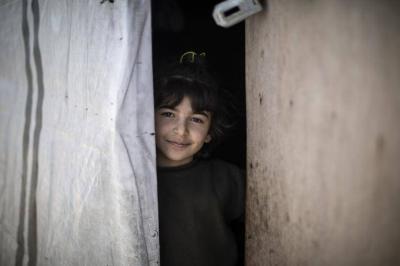Children in Lebanon are suffering under one of the worst economic collapses in the world recently, according to a survey published by UNICEF today. The successive crises that have contributed to the larger crisis, including the complete economic collapse, have left families and children in Lebanon in a deplorable state, affecting nearly every aspect of their lives amidst resource scarcity and the practical impossibility of accessing social support. "With no improvement in sight, more and more children are going to bed with empty stomachs. Children's health, education level, and future are all impacted as prices soar tremendously and unemployment continues to rise. The number of families in Lebanon forced to adopt negative coping measures to survive is increasing, such as skipping meals to save money, sending their children to work—often in hazardous conditions—marrying off their underage daughters, or selling their possessions," said Yukie Moku, UNICEF Representative in Lebanon.
The recent survey conducted by UNICEF revealed the following:
- More than 30% of children in Lebanon went to bed last month with empty stomachs due to insufficient meals.
- 77% of families lack enough food or money to buy food. This percentage rises to 99% among Syrian families.
- 60% of families are forced to buy food by accumulating unpaid bills or through borrowing and debt.
- 30% of children in Lebanon do not receive the primary healthcare they need. 76% of families expressed significant impact from the huge rise in medication prices.
- One in ten children in Lebanon has been sent to work.
- 40% of children belong to families where no one is employed, and 77% of these families do not receive social assistance from any source.
- 15% of families in Lebanon have stopped educating their children.
- 80% of caregivers report that children face difficulties concentrating on their studies at home—either due to hunger or psychological distress.
The economic stagnation prevailing in the country is just one crisis among several engulfing the nation, which is reeling from the effects of the COVID-19 pandemic and the results of the two massive explosions that shook the port of Beirut in August 2020, compounded by ongoing political instability. While 1.5 million Syrians are classified as the most severely affected, the number of Lebanese needing urgent support is rising at a record pace. "The World Bank has described what is currently happening in Lebanon as one of the three largest economic collapses seen since the mid-nineteenth century. The UNICEF survey highlights that children are the easiest prey for the profound disaster and often bear its brunt," Yukie Moku noted.
UNICEF renews its calls to local authorities in Lebanon for a rapid scale-up in meeting urgent needs and providing social protection measures to ensure quality education for every child, enhance primary healthcare services, and protect children. Yukie Moku stated, "Taking decisive action with everyone's cooperation is critically important to alleviate suffering, especially among the most vulnerable segments who are caught in the spiral of poverty." UNICEF is working to expand its program, supported by donors, and will be prepared, as always, to assist more children and families. "The wellbeing and protection of children must be a top priority to ensure their rights are met under any circumstances. Lebanon cannot afford the cost of having children deprived of nutrition, forced to leave school, suffering from poor health, or facing risks of abuse, violence, and exploitation. Children are the future of any nation. They are the first and last investment."




